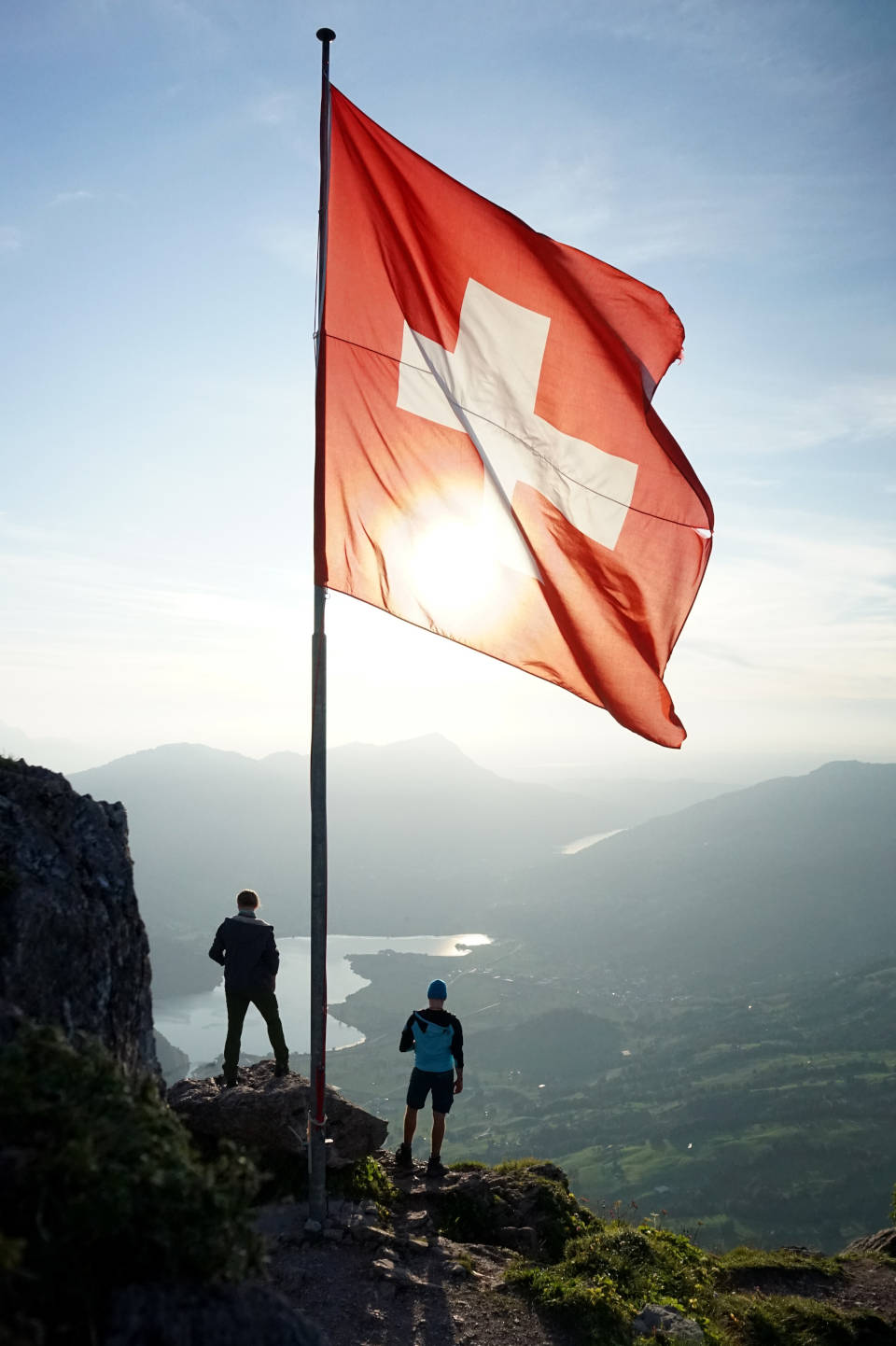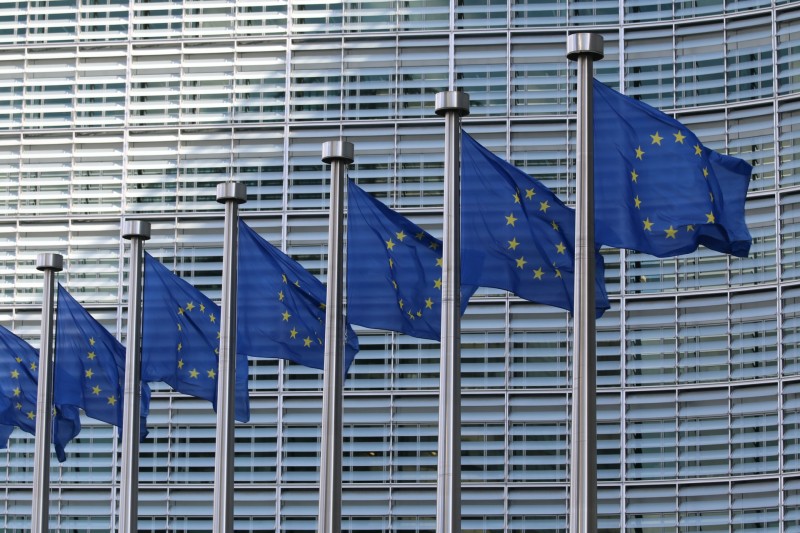Switzerland: the danger of quiet populism
On the 7th of March 2021 the Swiss electorate will vote on the Popular initiative ‘Yes to a ban on full facial coverings’. This is the last of a long series of initiatives aimed at reducing migrants’ rights, especially those of Muslim migrants. In a traditionally quiet country like Switzerland, a populist wave may surprise, however, this political discourse may be a direct consequence of swiss’ geopolitical situation.

In the heart of Europe, although mostly overlooked, Switzerland has faced a progressive polarization of its political system. Over the last two decades, this phenomenon has led to radical changes not only in the politicians’ behaviour but also in the image Switzerland projects in the European scenario. In fact, the far-right Swiss People’s Party (SVP, Schweizerische Volkspartei), has been able to collect the votes of a large share of the population by taking controversial stances over salient issues.
On the 7th of March, Swiss Citizens will vote on the popular initiative ‘Yes to a ban on full facial coverings’, which demands that no one will be able to cover up their face completely in Switzerland. This rule would apply in any public place (with exceptions for health and safety reasons). The Federal Council and Parliament have always opposed a nationwide ban on full facial coverings. At cantonal level only canton St Gallen and canton Ticino have introduced a similar ban, while other cantons have decided not to do so. For the Federal Council and Parliament, the initiative goes too far: they have drafted an indirect counter-proposal, which would require people to show their faces to the police or other officials, if necessary, for identification purposes. Such a proposal, which would come into force if the initiative is rejected, would also introduce measures aimed at improving women’s rights.
This is just the last of a long list of popular initiatives that have pushed policy regarding foreigners, especially Muslims, far to the right. These initiatives have shown a deep fracture between those who’d prefer an open Switzerland and those who feel alarmed at changes, such as the tripling of Switzerland’s Muslim population over the last thirty years.
For example, In 2002, the Swiss People’s Party launched a federal popular initiative “against asylum abuse” that was rejected by 50.1% of voters (with a difference of 4,208 votes). In 2009, the federal popular initiative “against the construction of minarets” approved a law to prevent the construction of minarets on mosques to enter into force. This ban was supported by a majority of 57.5% of the Swiss voters, 20 percentage points more than predicted in opinion polls in the run-up to the vote. For this initiative, the Swiss People’s Party campaign poster depicted a Muslim woman in a niqab, next to several minarets on a Swiss flag pictured in a way “reminiscent of missiles”. In 2010 the Swiss People’s Party campaign for the federal popular initiative “for the expulsion of criminal foreigners” featured a white sheep on a swiss flag kicking away a black sheep from its territory; the meaning behind the illustration even more significant since the initiative passed with a 52.3% majority.
In 2014 popular initiative “against mass immigration” aimed to limit immigration through quotas was successful at the polls (only by a difference of 19,526 votes, though), but less successful in its implementation. The EU underlined how such a law would violate the Swiss-EU bilateral treaties on single market participation. These treaties, due to a particular clause called “guillotine clause”, are all co-dependent: if one is terminated (in this case by unilaterally cancel the free movement agreement), then all the treaties would be terminated, causing severe damages to the swiss economy (whose first commercial partner is the EU). Since the EU was ready to put at stake all existing collaborations, the Swiss government largely climbed down from the initial proposals.
Foreigners mostly have a positive image of Switzerland, considered a quiet, flourishing, and peaceful country that constitutes an example of a healthy political system. This is true, to a certain extent. This political shift has however heavily impacted the Confederation, especially taking into account the importance of direct democracy (here used as a mean for “channelling the vox populi”, the voice of the people) has in both the political system and the populist narration.
The SVP, before its political expansion, was a party “of farmers and shopkeepers”, whose mission was the protection of swiss values and traditions. Evolving into a major party, it gained the votes of all those segments of the population that were losing out to globalisation or not well-positioned enough to actually profit from the opportunities that came with the world-wide economy. The SVP embraces the nationalist ideals of those tired of international entanglement, afraid of mass-migration (often connected to crime), and convinced that the élites have betrayed them.
As witnessed last September during the campaign for the popular initiative ‘For moderate immigration’ (Limitation Initiative), many associations, political movements and citizens’ committees worked hard to ensure that the voters knew exactly the consequences of a vote in favour, both politically and economically. “Clear the fog, refocus attention, reframe the debate” in the words of Flavia Kleiner, former co-president of Operation Libero, a political movement involved in referendum campaigns. They avoided the elephant in the room, the migration issue, focusing the discourse on civic duties, rule of law and the values expressed in the Constitution instead. They understood that the main cleavage on which the public opinion is split is not anymore the left-right one, but the constructive-destructive one, and their narration nudges swiss citizens to imagine their future with hope instead of fear.
Vehemently jealous of their independence, for almost a millennium swiss people have shielded themselves from the outside wars, using the Alps as a wall meant to keep quarrelsome Europeans outside. However, in a globalised world, the pretense of keeping foreigners outside and turning a country into a fortress is, at best, naive. Since the ’90s, Switzerland has struggled to find its place in the new geopolitical scenario, and if before 1991 neutrality was a peculiar but smart choice, after the collapse of the USSR Switzerland stood alone, surrounded by countries firmly united by multiple treaties.
In an increasingly unstable world, countries must cooperate with their neighbours in order to stay afloat in troubled waters: this means, for Switzerland, embracing the liberal values that allowed a small confederation of farmers and craftsmen to become one of the most prosperous countries in the world, home of several world organisations and NGOs, and symbol of peace and stability.
by Elisa Brivio
Sources:
https://www.theguardian.com/world/2009/nov/29/switzerland-bans-mosque-minarets
https://www.researchgate.net/publication/305151497_Shadows_in_the_Swiss_Paradise
Emilio R. Papa, “Storia della Svizzera: Dall’antichità a oggi, origini e sviluppo del federalismo elvetico”, Bompiani (2014)



